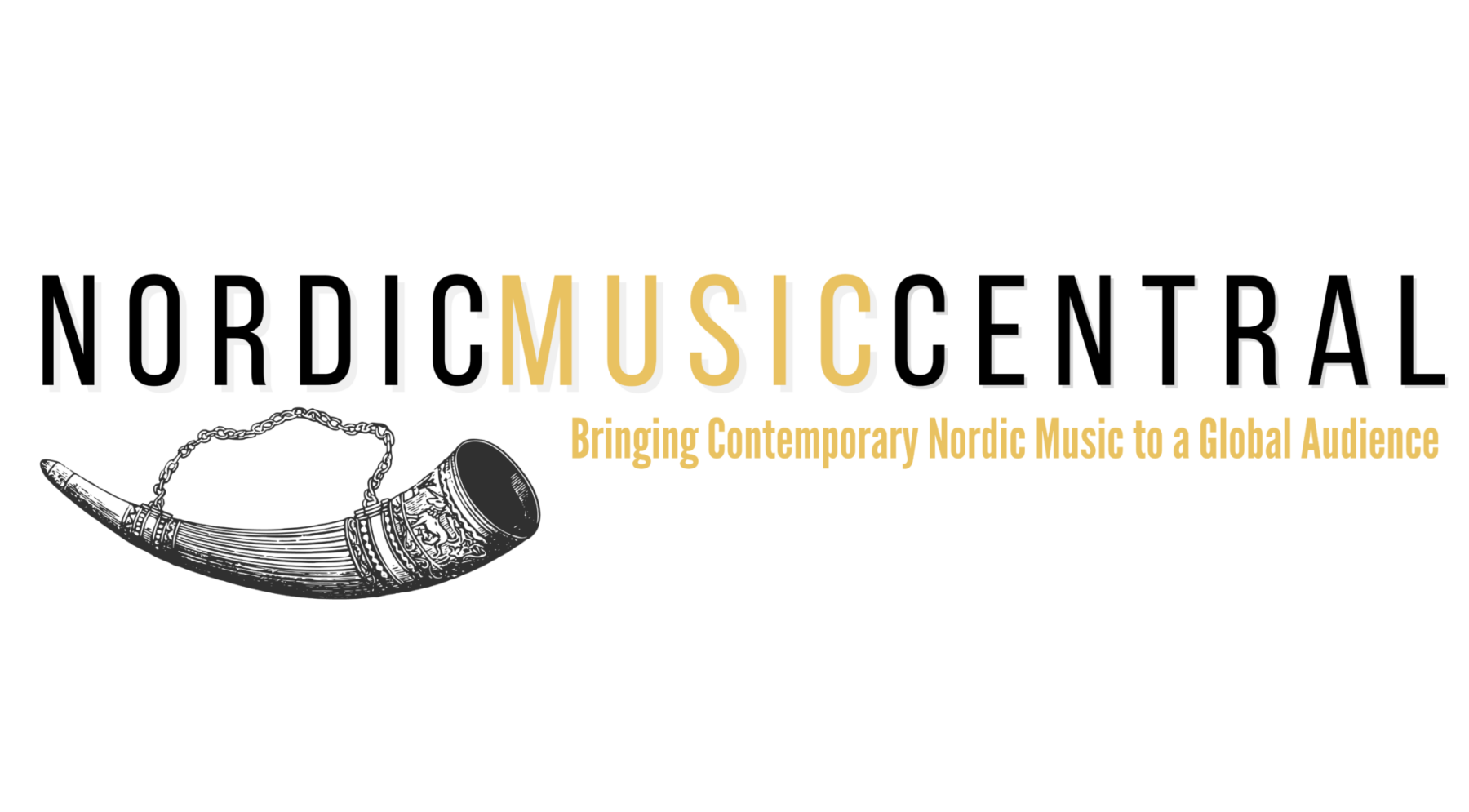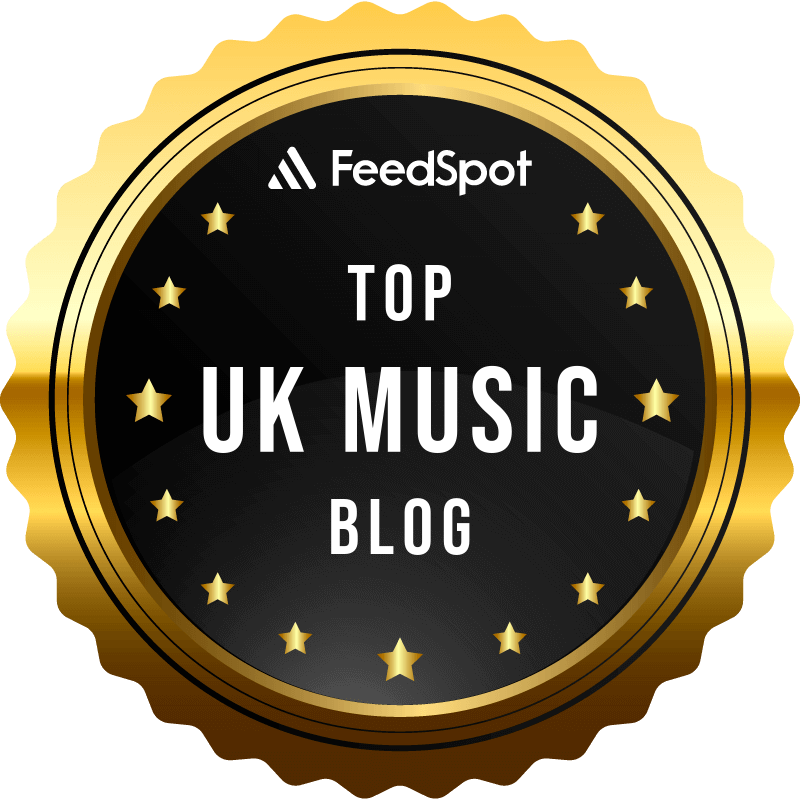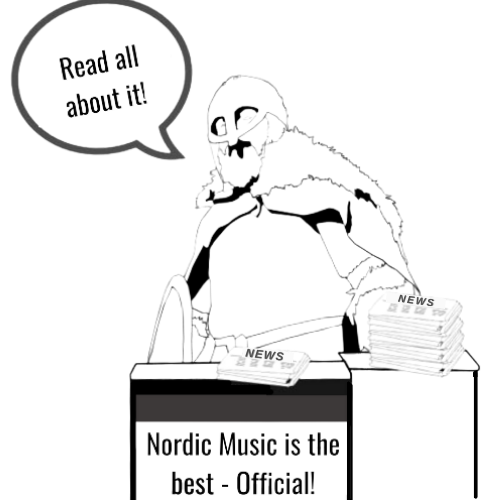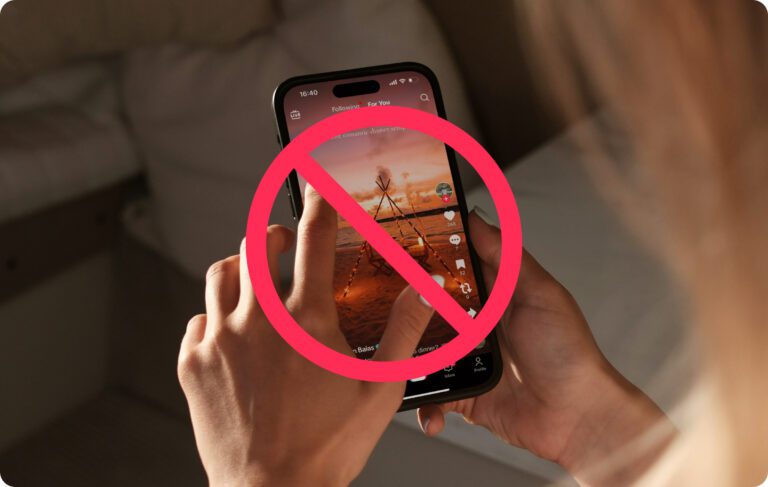As things stand TikTok will be banned in the United States from Sunday 19th January. Incoming President Trump may find a way to overturn that ban but I don’t know how he can be so anti-China and still support it so it could be that he is merely miffed that he isn’t the one that banned it, if you follow my drift.
It is possible that other countries might follow suit and ban it. Time will tell. With the “vibe shift” (as the kids put it) since (and leading up to) Trump’s election victory putting right wing attitudes to many issues into a more favourable space in many countries I do believe that liberal attitudes towards China are going to change rapidly.
I do not use TikTok, and I do not give out TikTok links for artists in the ‘Find them on’ section of each review.
I am suspicious about the platform but that is all I will say here.
My view on the ‘demise’ of TikTok as it concerns the music business, if that is what it turns out to be, is that it will actually be beneficial to artists in the long term, although they might not appreciate that in the short term.
In the last decade ‘success’ in this business appears to have become predicated on having one online hit, usually on TikTok, during which thousands, possibly millions, of people tuned in to a song ONCE. It doesn’t matter if not a single person bothered to listen to the follow up song. That single ‘hit’ means you are a ‘star.’
Of course it doesn’t. You will be forgotten just as quickly as any other one-off wunderkind in any other performance art business.
The BBC put out a couple of old programmes last night about ‘One-hit wonders’, in this case meaning artists and bands who had had only one single hit in the UK and flopped with everything else, irrespective of their success with albums, videos, or live performances. And they used the term ‘hit’ loosely – meaning getting in the Top 40 in the charts.
The list of big names was amazing, including:
Curtis Mayfield, Don Henley, Patti Smith, John Denver, Peter Sarstedt, Phyllis Nelson and The New Radicals.
John Denver – Annie’s Song – Top of the Pops December 27, 1974 – a one hit wonder in the UK
If that doesn’t demonstrate what a hard business it can be then nothing will. You are certainly not going to make a lasting name for yourself coming out of left field with one song posted on TikTok (or any other platform for that matter – this is just the most culpable one – by a country mile). Unless you are very, very lucky; the sort of person who wins the lottery one week; and then again the next.
But so many still seem to think that they will, just as the thousands of young female posters of themselves wiggling their almost bare butt on TikTok or Reels or whatever dream of becoming the next big name clothes model, or worse.
There are many factors involved in building a respectful following from scratch and aspiring young musicians need look no further than Taylor Swift. Swift didn’t have the ‘benefit’ of TikTok, she was a decade too early to be lured into its trap.
But she certainly did use social media in a more savvy way, by positioning herself as a ‘friend’ to the young girls who could relate to the ‘predicaments’ that she found herself in and subsequently suggesting to them that they are part of her success.
She has also evolved her style several times, thereby adding to her fan base.
You can’t do any of that in a handful of seconds on TikTok, which the majority of TikTok posts are (35 seconds on average for those with 500 followers or less, which encourages short concentration spans), and which perpetuate the notion of instant success in young, inexperienced minds.
I’ve got to know a lot of people in the music PR business over the last 10 years I’ve been writing about it and many of them are aghast at how little thought artists put into how to market themselves, failing to see the benefit of building up a relationship with a small number of people first, who over time become fans and then start recommending the artist to others in their acquaintance, who may know other artists who begin to recommend them, and so it goes on.
A good example of this comes from another level I suppose, namely that of the symphonic metal band, Nightwish.
Already a big band with a worldwide following, that support came though only from within its own fraternity, namely ‘metalheads’.
But since the advent of the online music ‘reactor’ (who does a similar job to what I do but usually only by giving their reaction to a live performance, on YouTube) Nightwish’s appreciation skyrocketed.
This was brought about by their fans, who wish to see them appreciated by others that are not conversant with them, messaging the reactors and asking them to record a reaction to a particular song.
It only needs a small number of people to do this to begin with to prompt a surge of views and those views come from people who may have no knowledge of the genre, let alone the band or the song.
In Nightwish’s case two things happened.
Firstly they became known to just about every reactor, which means that when a new live performance goes on YouTube (or sometimes a recorded one), they immediately ‘react’ to that one as well.
Secondly, the band has picked up support from all sorts of people – current or ex musicians (including a sudden rush of rappers), voice coaches, opera singers, classical musicians, music academics, roadies, even kids, you name it. And also older people; 60, 70, even 80 year old folk that have decades of experience of the music business and who move rapidly to endorse the band, often citing it as ‘the best I have ever heard and seen’ or similar.
The Taylor Swift effect in play, again. Make friends and use them to spread the word.
This video, I’ve posted it before in articles, has now been reacted to, via the process mentioned above, in my estimation by over a thousand of them, on each occasion pulling in from 10,000 to 50,000 views from people many of whom had never previously heard of the band and it has become, I believe, the most reacted to music video on YouTube (i.e. the number of reactors, not views).
Even this week I have seem five new reactions to it.
That is how to use social media. A relatively small number of people, who have become fans of the band, scouring the internet to find reactors, then urging them to review one song to start with, confident they will then do the same with others.
That is how to play social media but it should always be in conjunction with a PR professional, who has the ‘ins’ and clout that you will never have on your own.
And that applies equally to those that choose to do their own PR. Doing that has been facilitated by for example Linktree, which allows you to post links to your songs via several different platforms and which now offers a PR ‘template’ by which to promote the band.
About 25% of the submissions I receive are directly from the artist/band and that ratio is growing.
But be very careful how you do it. Some of the submissions are very good and have been well thought out by people that have a talent for it.
But most aren’t and some are so poor that they have ‘delete’ written all over them.
Stick with tradition.
And even then, they are better than sticking something on TikTok and waiting for that call that will never come.
In time historians will write about the disservice TikTok did to aspiring musicians. For now, even if you are addicted to it, dry those tears and move on. Find a new way. They are many and vastly preferable.



